Education is a weapon whose effects depend on who holds it in his hands and at whom it is aimed
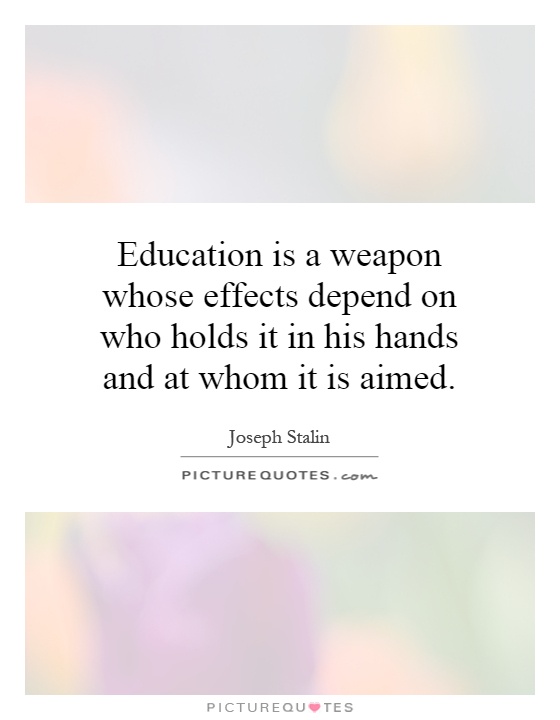
Education is a weapon whose effects depend on who holds it in his hands and at whom it is aimed
Joseph Stalin, the infamous Soviet dictator, understood the power of education as a weapon all too well. He recognized that education could be used as a tool for indoctrination and control, shaping the minds of the youth to serve the interests of the state. Stalin's regime sought to mold a new generation of loyal citizens who would unquestioningly follow his leadership and adhere to the principles of communism.Stalin's approach to education was characterized by strict control and censorship. The curriculum was heavily influenced by Marxist ideology, with an emphasis on the glorification of the Soviet state and the demonization of its enemies. History textbooks were rewritten to portray Stalin as a heroic figure, while dissenting voices were silenced or purged. Teachers and professors who did not toe the party line were removed from their positions, replaced by loyal party members who would faithfully propagate the regime's propaganda.
Stalin also used education as a means of social engineering, seeking to create a new Soviet man who would embody the ideals of communism. Schools and universities were tasked with instilling in students a sense of collective responsibility and loyalty to the state. Physical education and military training were emphasized, preparing young people for a life of service to the socialist motherland.
However, the effects of education under Stalin's regime were not solely positive. The emphasis on conformity and obedience stifled creativity and critical thinking, leading to a generation of citizens who were afraid to question authority or think for themselves. The relentless propaganda and censorship created a climate of fear and suspicion, where dissent was met with harsh reprisals.

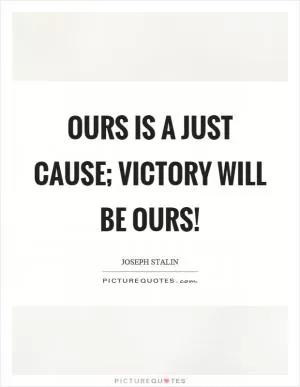
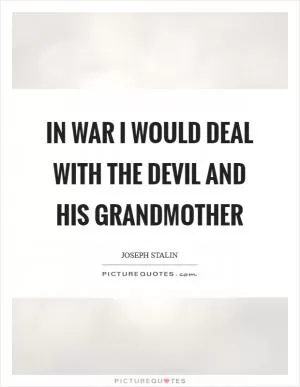
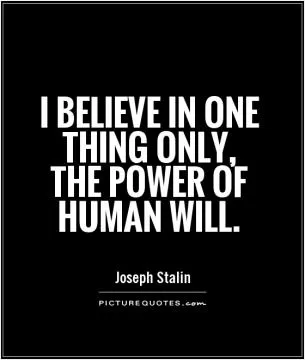
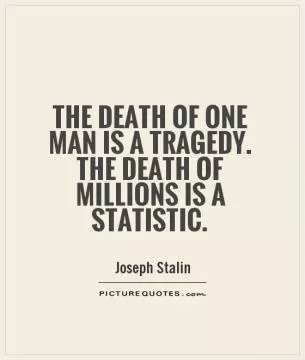

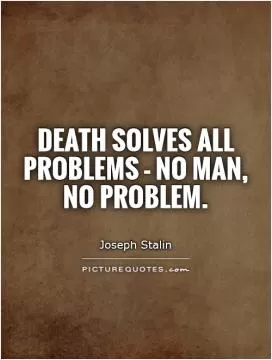
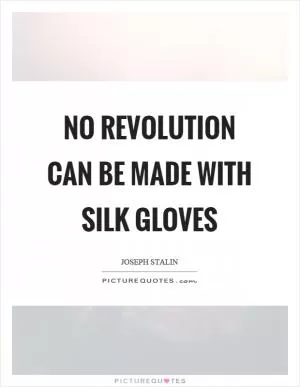
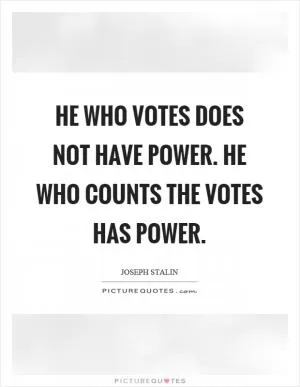
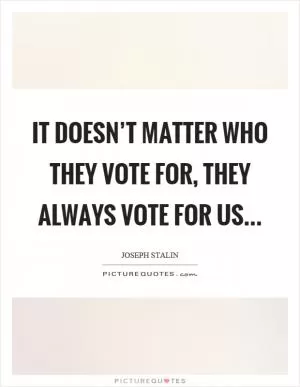
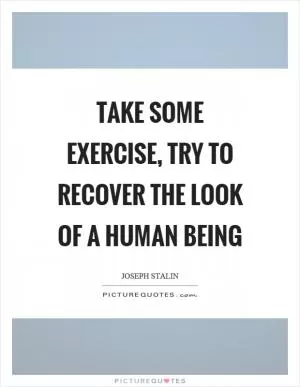
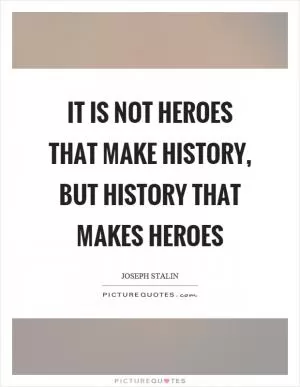
 Friendship Quotes
Friendship Quotes Love Quotes
Love Quotes Life Quotes
Life Quotes Funny Quotes
Funny Quotes Motivational Quotes
Motivational Quotes Inspirational Quotes
Inspirational Quotes